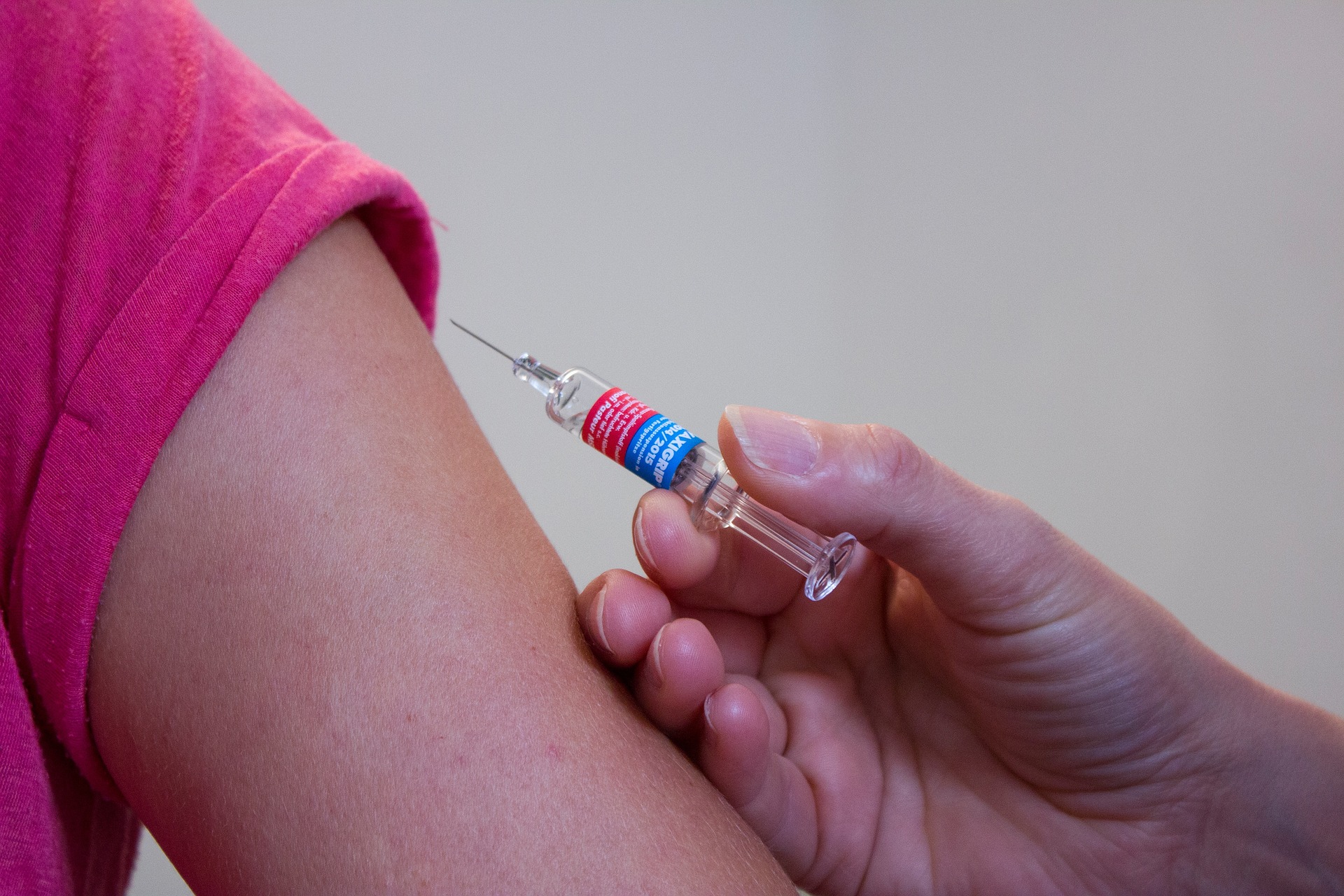By: Midori Trojanowski
The online health community thrives on Facebook and Instagram, where a vast number of health influencers (social media personalities who have built a community following around a particular topic) offer inconsistent advice on everything from vaccinations to what to eat to what kinds of exercises you should do for a desired look.
It’s where the anti-vax movement grows, endorsed by celebrities like Jenny McCarthy and Jim Carrey. And although the CDC declared the measles virus eliminated in 2000, it has made something of a comeback; one of the main culprits may be the widespread use of social media to spread health information that is not evidence-based.
There have been over 700 cases of measles reported in the U.S. this year alone.
In the late 90’s and early 2000s, Andrew Wakefield’s article in The Lancet, “Ileal-lymphoid-nodular hyperplasia, non-specific colitis, and pervasive developmental disorder in children” (which claimed there was a link between the MMR vaccine and autism) was published, retracted, and discredited. Wakefield himself lost his medical license; in his research he did not disclose anti-vaccine conflicts of interest (Hussain, 2018).
Subsequent studies did not find a link between the MMR vaccine and autism, but they received little attention. It’s part of the anti-vaccine problem: that evidence-based, reliable information is under-shared on social media, while misinformation is over-shared. Furthermore, the medical community failed to respond adequately to the explosion of misinformation. Instead, health researchers continued to quietly publish—and not extensively promote—studies that found no link between the MMR vaccine and autism.
Now with this new, overwhelming amount of reliable information and misinformation, parents have a hard time determining fact from fiction. Vaccine propaganda feeds parents’ fears about how many shots their child will receive over what seems like a short time frame, the contents of the vaccine, and (despite a lack of evidence) the link between autism and the MMR vaccine.
As health care providers, we encourage patients to educate themselves, and promote provider-patient (or parent) shared decision making. Yet concerned parents who are self-educated on misinformation, and clinicians who become frustrated over long anti-vaccination discussions break down trust between patient and provider. It contributed to the altered immunization schedule, which may leave children vulnerable longer.
There are so many negative vaccines stories that are shared on social media; they evoke visceral reactions in even the most informed parents and cast doubt on trust in the patient-provider relationship. Nurses must work to change that.
We are the most trusted professions in the United States; we must use our position to address the lack of confidence in vaccine safety. Strong patient-provider relationships are the cornerstone of good nursing practice; we must understand why our patients refuse or delay vaccine coverage and treat their concerns with respect to combat the comeback of measles.
Learn more:
- MSN (Entry Into Nursing)
- Reasons to Follow CDC’s Recommended Immunization Schedule
- Anti-Vaccine Celebrities Have Inordinate Amount of Influence

Midori Trojanowski is an MSN (Entry Into Nursing) student from Vacaville, CA. She attended Solano Community College and earned her BA in Exercise Physiology from University of California at Davis, then worked as a Certified Nursing Assistant for two years before pursuing her master’s in nursing. After graduation, she plans to join the Air Force and work with veterans, then become a geriatric nurse practitioner.
